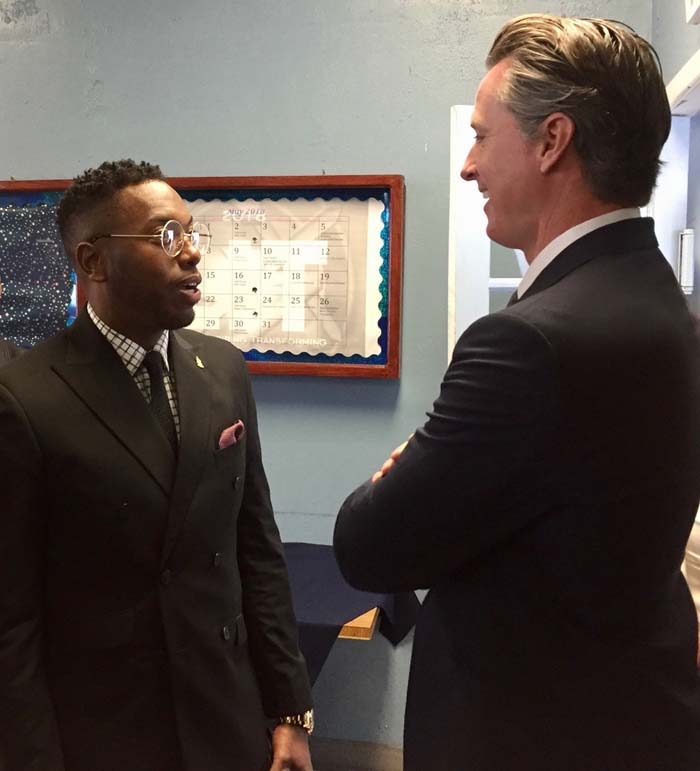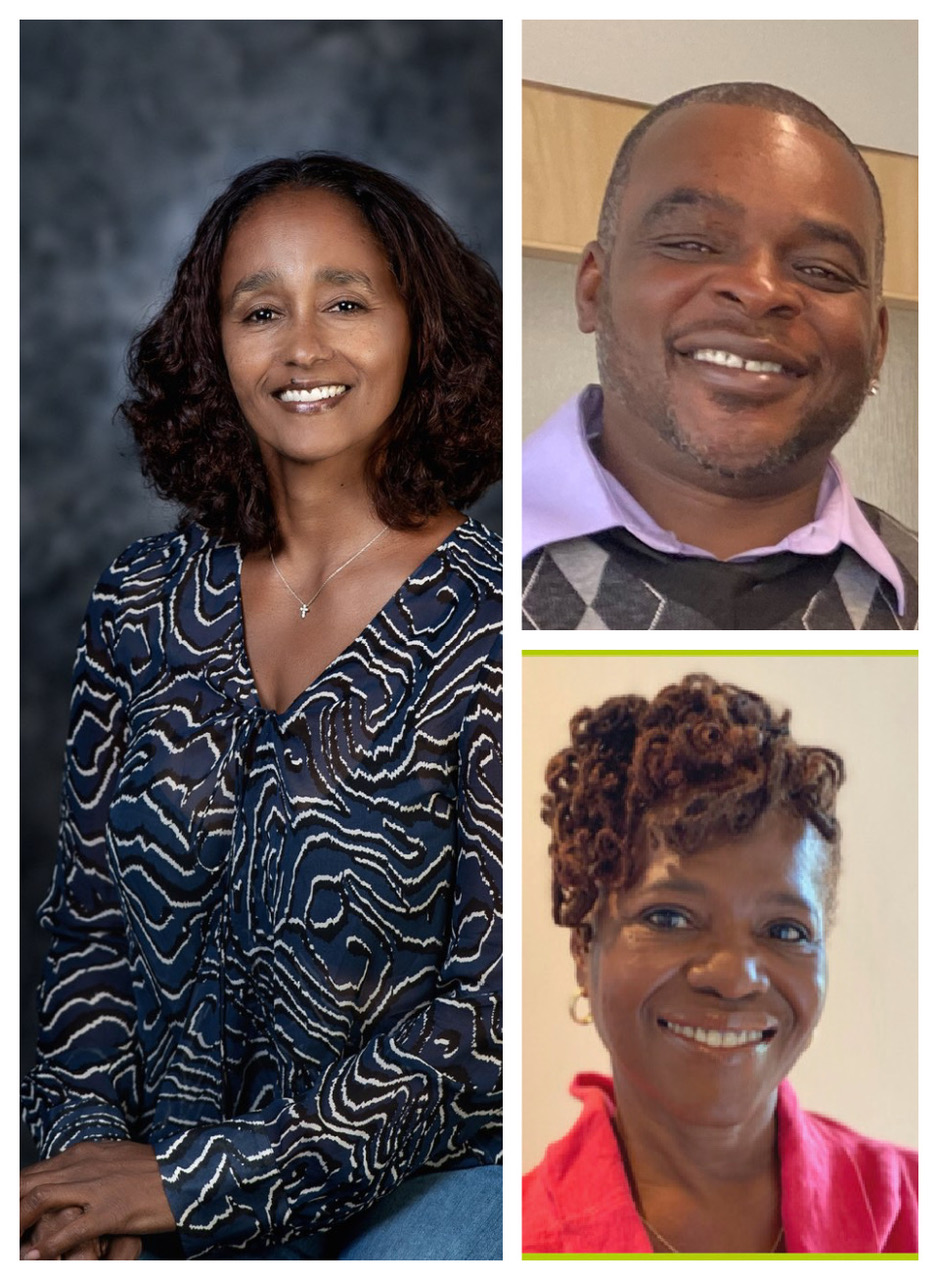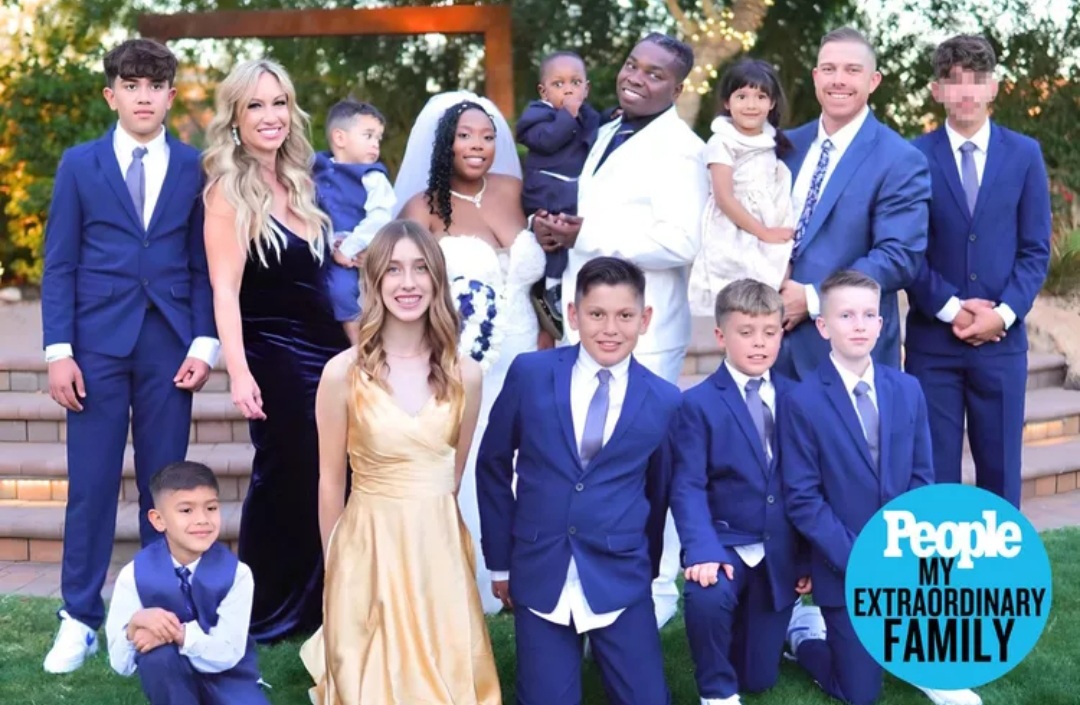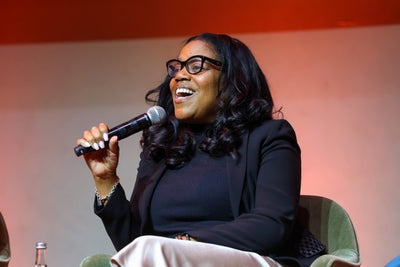
Tanu Henry | California Black Media
Hit by loss of income due to the Coronavirus pandemic, African-American churches across California are asking state leaders and the federal government for help to pay their mortgages.
“National Christian leaders are coming together across denominational, theological and affiliation lines, in the spirit of the Lord’s Prayer, with this plea: “make them one” to strategize for the plight of hundreds to thousands of small to medium size congregations nationwide which are in danger of financial distress triggered by the COVID-19 pandemic,” says the Rev. Bishop Kenneth Ulmer, the pastor of Faithful Central Bible Church in Inglewood.
Even before Gov. Newsom placed a stay-at-home order on the state’s estimated 40 million residents Thursday, attendance at Black churches across the state had begun to decline.
Some Black church leaders say their revenues have dipped by an average between 40 and 50 percent.
Last Sunday, in fact, a majority of Black churches in the state either shuttered their doors completely or organized virtual Sunday morning services online; even though a handful of them still held regularly scheduled services.
“This is a critical time for churches who have heretofore faithfully served the community with resources and information without government assistance,” said Lisa Collins, the publisher of L.A. Focus, an African-American newspaper in Los Angeles that dedicates a significant amount of its coverage to Black religious life.
“Now, they have found themselves in the position of having to continue to pay staff and monthly expenses, including some pretty sizable mortgages, and yet can no longer hold services,” Collins added. “Online giving—while beneficial, doesn’t come close in making up the difference. They are vital community partners who need assistance right now.”
The Rev. Michael Fisher, pastor of Greater Zion Church Family in Compton, says African-American pastors in California are joining hands with other Black clergy around the country to ask the federal government and their states’ elected officials for assistance.
“We are asking our governors to write executive orders to banks that will defer mortgage payments specifically for churches, religious organizations, mosques, synagogues and non-profits for the duration of the COVID-19 crisis,” says Fisher, who leads the oldest and largest Black congregation in Compton.
Fisher’s church is located in an area of the state with one of the highest concentrations of African American residents.
“We also want it to be clear that deferred payments will be collected on the back end of the loan,” Fisher continued. “Because most banks are FDIC insured, they can choose to only abide by federal regulations. So, we want to lead a national initiative to request that President Trump also signs a moratorium on mortgages specifically for the churches and the non-profit sector.”
About two weeks ago, Black religious leaders from cities and towns up and down the state met with Sen. Holly Mitchell (D-Los Angeles) to tell the lawmaker, who is chair of the Senate Committee on Budget and Fiscal Review, about their concerns regarding the impact of the COVID-19 crisis.
“We want to hear from you. I want you to let me know what you need,” said Mitchell, who is the only African-American woman in the Senate, to the pastors on the conference call.
Throughout the history of the United States, churches have played a central role in the social, cultural and political life of Black Americans. Almost 80 percent of African-Americans in the United States self identify as Christians. That number is about 20 percentage points higher per capita, compared to Whites and Latinos.
Recently, 23 African-American pastors from around the state emailed a letter to Gov. Newsom, sharing details about the challenges they have been facing since the international health crisis began.
“The Coronavirus outbreak is having a devastating impact on the faith community, particularly as we approach the Easter season, which for many churches can easily account for up to one-quarter of their annual budget,” the pastors wrote. “This email expresses the interests of a coalition of pastors concerned that they may be left out of those stimulus packages that don’t classify churches and non-profits as businesses. However, they — like other businesses —have payrolls to meet and critical operating expenses, i.e. mortgages.”
Fisher says the Black pastors deserve to be included in the relief disbursements that the federal and state governments are making to help individuals and organizations affected by the pandemic.
“Mortgages make up the vast majority of our overhead costs. That’s why we need to ask for help to continue serving our communities,” says Fisher. “Our needs don’t end with this crisis. Our children still need to be fed and we need to continue taking care of our seniors.”




